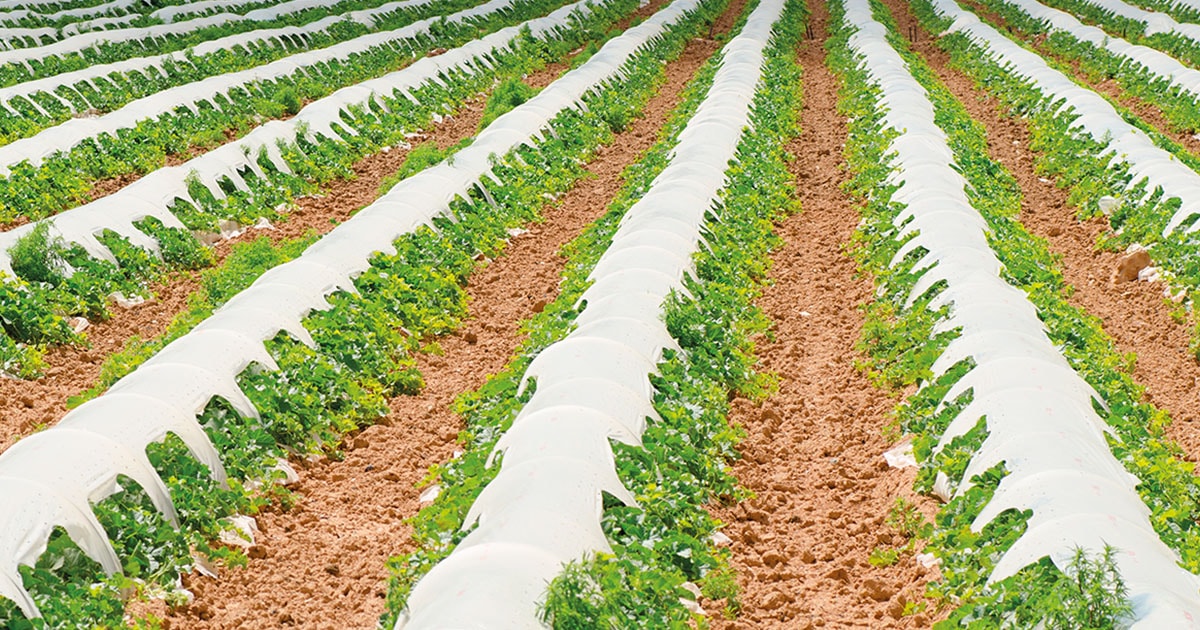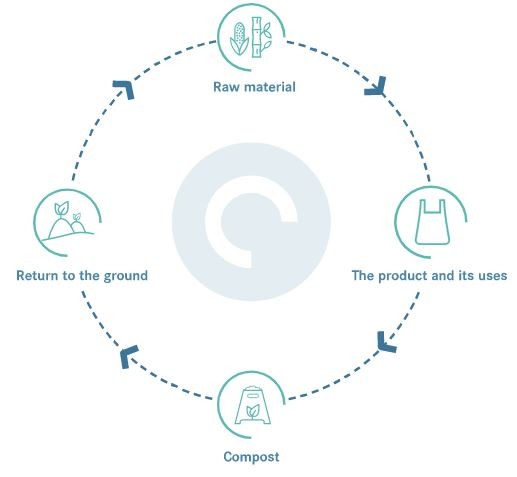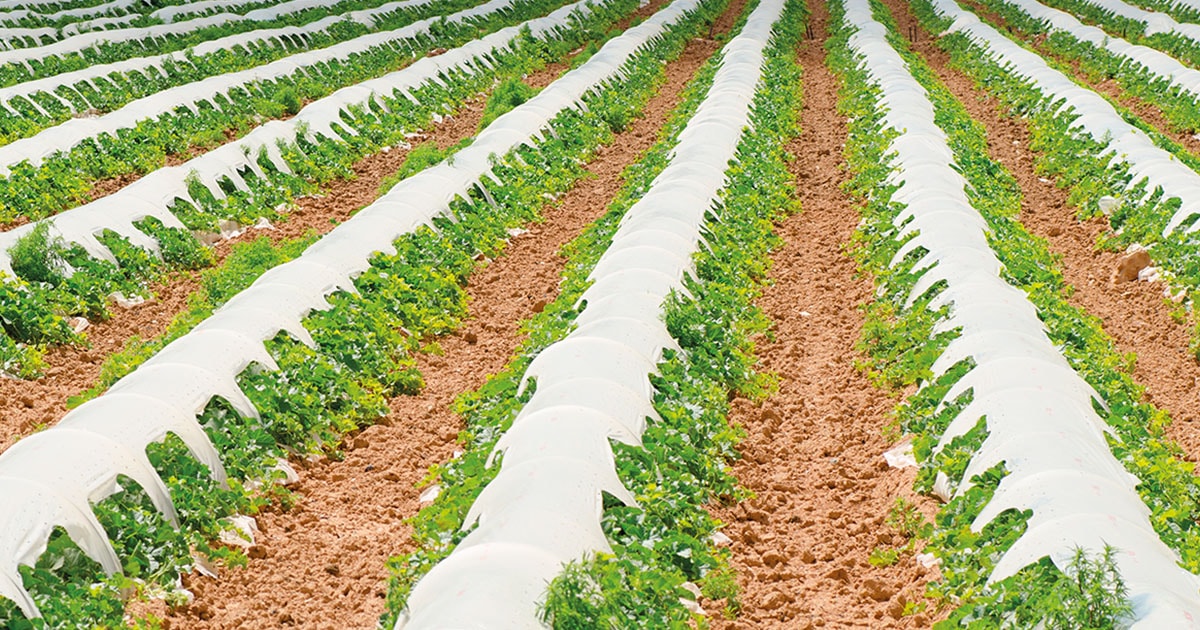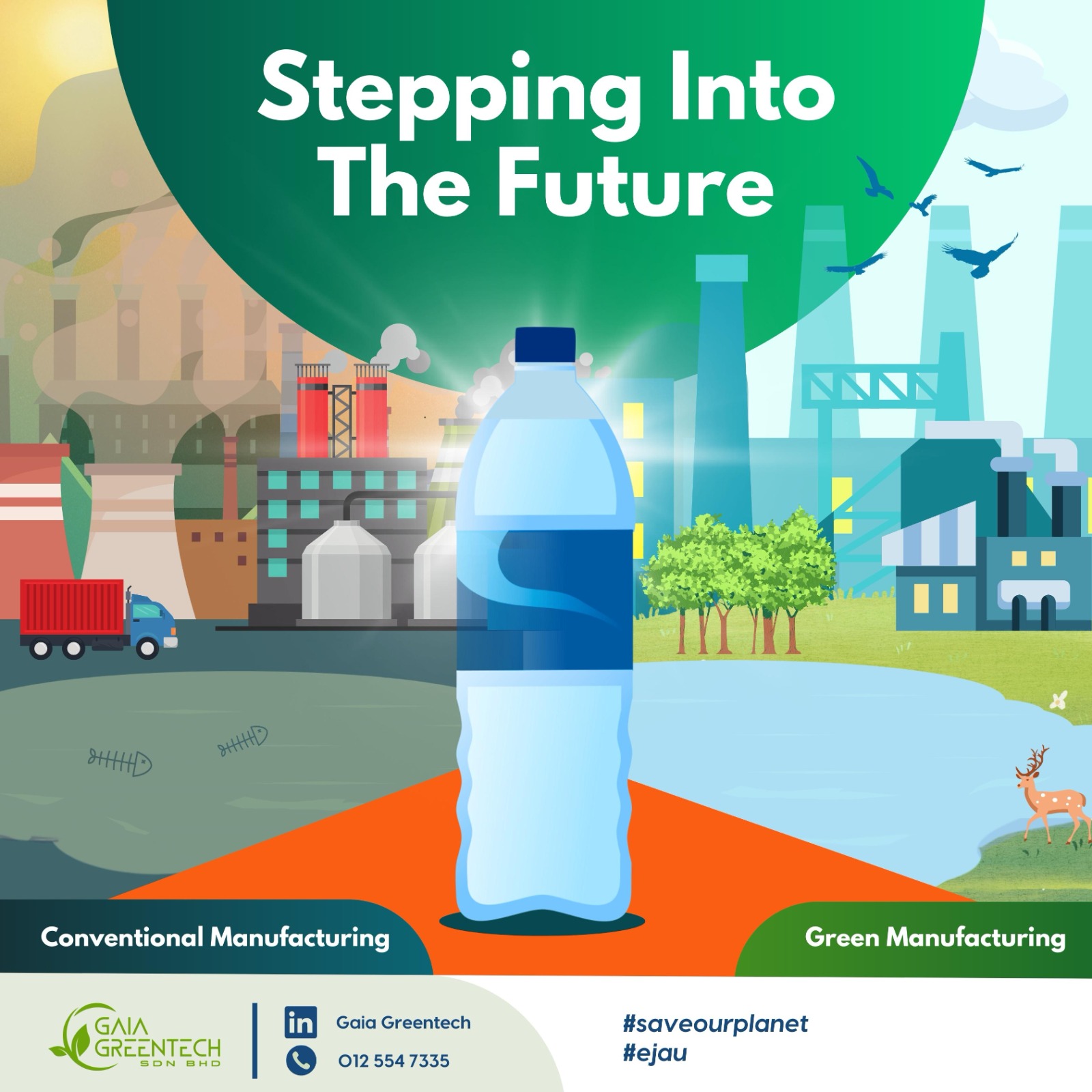Benefits of Using Bioplastic in Agriculture
Production and consumption of plastics have been increasing in all industries around the world, including the agricultural industry. According to research done by a professor in Agricultural and Biosystems Engineering at the University of Basilicata, the amount of plastics generated in the agriculture sector worldwide was 6.96 million tonnes in 2017. As a better alternative to fossil fuels plastics, the agriculture sector is slowly adopting bio-based plastics which are fully or partially made from biological resources are to be implemented in the mulching process.
Mulching is the process or practice of covering the soil or ground to enrich the conditions of the soil for plant growth, development and efficient crop production. By using mulching, it helps in increasing water infiltration into the soil, retards soil erosion and reduces surface runoff. It is an important technique to maintain or increase soil temperature and humidity. However, the excessive use of plastic mulch films in agriculture has contributed to massive plastic pollution worldwide.

Bioplastic mulch (Source: Bioplastic News, 2020)
Bioplastic mulch is now rapidly replacing polyethylene (PE) mulch for more sustainable agricultural practice. It helps minimise carbon footprint as bioplastics are able to decompose faster compared to PE mulch, providing a less harmful impact on the environment. Bioplastic is less toxic and does not contain bisphenol A (BPA), a hormone disruptor that is often found in traditional plastics.
The Food and Agriculture Organisation of the United Nations (FAO) has also recognised that bioplastic in agriculture is helping reduce dependence on carbon fossil sources and at the same time reducing residual plastic pollution in soil. A study done by FAO showed that bio-based plastics are recommended as an alternative for conventional plastic material in the agriculture sector.
While the traditional method of farming brings negative impacts to the environment, adopting bioplastic brings the opposite effects. As shown in the figure below, bioplastics’ natural plant-based material not only benefits agricultural lands, but also improves soil quality by providing nutrients and minerals when composted.

(Source: Carbiolice, 2020)
Innovation like bioplastics put together with good agricultural practices can help achieve a more sustainable farming development in the long run and that is what we at GaiaGreentech are aiming to achieve.
Contact us today to find out how we can help you in achieving your sustainable goals.


